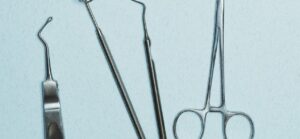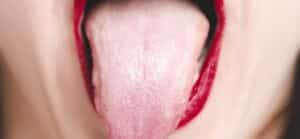
Fluoride is a healthy compound that promotes strong teeth and has the ability to fight cavities and other dental problems… in normal doses. It can be found in safe drinking water, and ADA approved toothpaste, but exposure to too much fluoride can result in fluorosis. In addition, this dental problem may be caused by toothpaste or rinses that contain fluoride if they are accidentally swallowed, or if left to sit on the teeth too long.
What does Fluorosis do, anyways?
While fluorosis does not greatly affect your health, it can create concerns with appearance as the related problems are aesthetic, such as abnormally stained or darkened teeth. Symptoms typically include: teeth are stained yellow or brown, discolored teeth, weak teeth, and / or chalky white teeth patches.
What causes fluorosis…
Dental fluorosis is especially common in children in their first 12 to 14 years of life, who are exposed to higher levels of fluoride before their teeth fully develop or who have a low calcium intake. It is also common in rural areas where drinking water comes from a well or hand pump. Fluorosis is common if drinking water has a fluoride content higher than 1ppm (part per million.)
What to do about fluorosis..
As with any other dental problems, a dentist in Chicago can help diagnose and offer treatment solutions based on the severity, if applicable. Mild to moderate fluorosis often has no visible symptoms, but your Chicago dentist can recognize the early warning signs and recommend a solution to prevent this dental problem from further developing.
The spots and stains caused by excess fluoride are permanent and may even darken over time. In most cases, it is caused earlier in life (before the teeth have mineralized) so the best way to treat it is to prevent it from developing by monitoring the amount of fluoride intake.
Children under 6 should only have a small smear or a pea sized amount of tooth paste on their toothbrush and be taught to spit after brushing to avoid swallowing fluoride. Keep products that contain fluoride out of reach, and check with your water supply company (if you have public water supply) to make sure there isn’t already a sufficient supply of fluoride in the drinking water. (If there is, then additional “supplemental” fluoride should not be given.)
For more information, please contact us at Big Smile Dental. We would be pleased to schedule a consultation.






